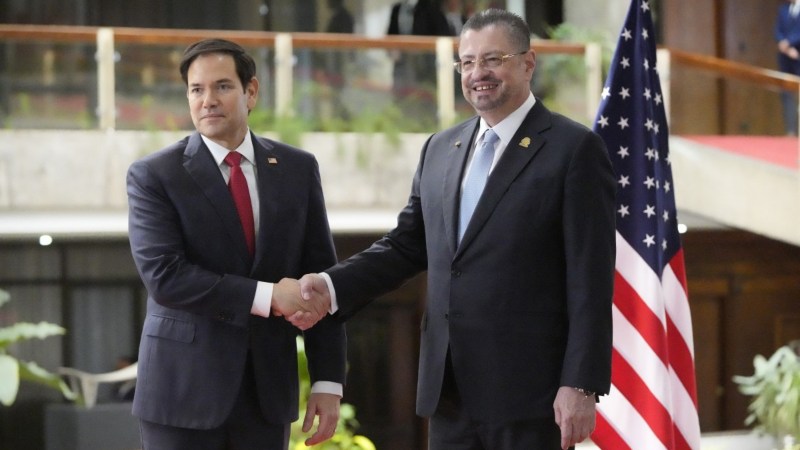In July 2025, the author traveled to San Jose, Costa Rica to give a keynote address to an event hosted by the Latin America and Caribbean Presidential Mission, bringing together former Presidents and other senior figures to discuss the future of the region. While there, he spoke to a number of Costa Rican leaders and experts about the political, economic and security dynamics of the country, and the activities of the People’s Republic of China (PRC) there.
Costa Rica is currently one of the U.S. most important strategic partners in the region. The solidly pro-U.S. government of Rodrigo Chaves has strengthened the country’s fiscal and financial position, with its economy growing at approximately 5% per year during his administration, and his government receiving a very positive annual evaluation from the International Monetary Fund. Costa Rica has a deeply entrenched tradition of democracy and strong institutions and has historically enjoyed high levels of prosperity and security relative to many of its neighbors. President Chaves’ administration has also called out and fought against significant PRC influence activities in the country, including attempts by Huawei to lobby Costa Rican legislators, government bureaucrats and union officials to secure access to the nation’s 5G telecommunications infrastructure.
Behind that positive veneer, however, Costa Rica faces growing security and political challenges, as well as broad and significant lobbying efforts by the PRC as the country moves toward a critical national election in February 2026. In those elections, a significant negative shift in the country’s circumstances and political orientation could have adverse consequences for the security dynamics of Central America, and for the U.S. whose southern border is just 2,000 miles north of the country.


